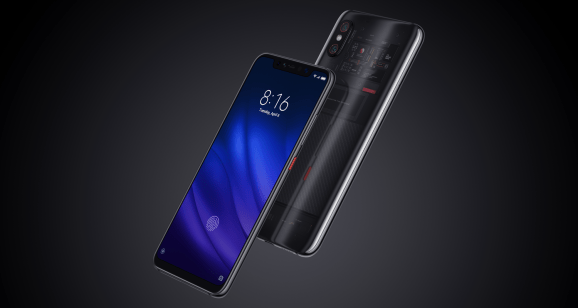There are many who find tech fascinating, not simply because the pace of innovation moves at breakneck speed, but also because of the breadth and depth with which it has made our lives easier.
Anyone who is old (ahem, seasoned) enough to remember grappling with large, unwieldy maps whilst on road trips would no doubt now deeply appreciate the simplicity and sheer heaven of GPS-enabled mobile apps that allow you to not only go to that part of town to which you’ve never been, but so very helpfully tells you which roads are clogged.
No more stopping to ask for directions. Testosterone machismo intact.
So while we revel in the excitement of The Next Big Thing just around the corner, we rarely stop to think about the bigger picture.
Recently, analysts pointed out that the European continent failed to make the grade in fielding tech giants in the list of the world’s top 15 digital companies.
Of the top 200 online platforms, European companies account for a paltry four per cent.
And so, of course, few of us rarely stop to think about the business side of tech: that the global tech and digital landscape is, in fact, dominated by two superpowers who are now on less-than-amicable terms:
China, and the US.
Forget the trade war; brace yourselves for the tech war.
The Apple CEO has reportedly been quoted as saying that the tech industry should embrace regulation.
Really?
Only now, when it has breached the trillion-dollar mark and is in danger of facing disruption to its supply chain with trade tensions still simmering (and frankly, fermenting) between the US and China?
Where was the regulation when the tech giant capitalised on cheap labour (and, if reports are to be believed, cheap child labour in the most appalling conditions) in China?
Where is the regulation when Google, Amazon, Apple and Facebook quietly amassed billions of details of user data? Contrast this with the highly-regulated online space in China, where state control is overt. (At least, there, you know for a fact you’re being watched. No deception there, folks.)
From a cursory glance at the Fortune 500 list, it is clear who is dominating in consumer tech sales.
And ironically, it’s not the superpower banging on and on about the freedom of the Internet; it’s the mammoth tiger known for digital authoritarianism.
Perhaps the closing years of the decade will not be drawn along the battle lines of traditional trade, but along the lines of who can capture the imagination — and wallets — of the tech-obsessed consumer faster and longer.
Which then begs the tempting thought: perhaps digital authoritarianism is, in fact, better for the bottom-line.
Because as some analysts have also observed, once the novelty of paying a month’s salary on the latest phone has worn off, consumers will often opt for the cheaper — but just as snazzy — alternative.
There’s your trade war right there.









